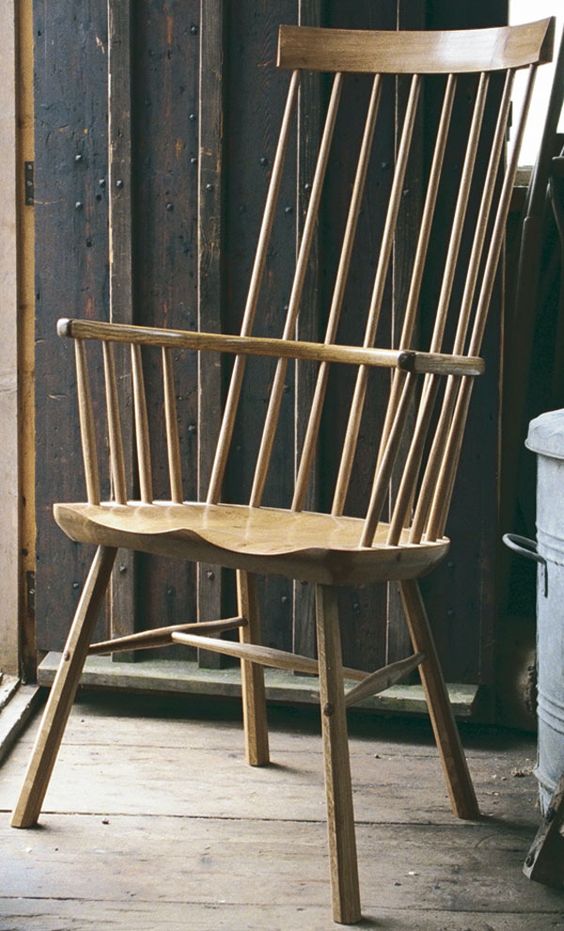I've always disliked the idea of a 'hobby.' The whole notion seemed to amount to mediocrity. As if someone were saying, 'yes I could probably devote myself to this pursuit and really master it, but instead I'm just going do it on the weekends and be tremendously average.' I think this is why I really like the Japanese philosophy on such matters; you don't have many pursuits, just one-or maybe two I don't know-fully devoting time and energy until mastering the craft. None of this weekend warrior nonsense. If you want to be a banker, then by all means be the best damn banker in the world and read up on the matter every night after work and go to little banker hangouts and discuss world banking issues and micro finance or whatever the hell those guys talk about.
If you're moved to do something that provides a humble income, but the idea of which moves you to your core, then you have to do whatever it takes to pursue that end. Read books, take classes, set up a studio and get to work! Quit your other job (if you have one) and go all in; it's the only way. Easy for me to say, being single. But I really believe whatever the circumstances, if there is a path out there that tugs at your heart strings, you have to follow it, things will fall into place. In the end you'll be better for it, not just chasing a paycheck every week.
I've always lived by this, and I've always struggled financially. But everyday I wake up and I can't wait to get into the shop and create, six days a week, sitting in the cafe on the seventh thinking of excuses to swing by the studio. It's come in steps along the way; little things I've seen that are like visions leading me to the next leg of the journey. Another craftsman I've met who does things a little differently, a book I've read on traditional Japanese woodworking, or even just a photo of a certain piece.
next step on the path; wood shop utopia
The latter occurred quite recently, it was-sadly enough-on a pinterest board as I was looking for inspiration for a new body of work. Somewhere, buried in the field of tangential Shaker inspired pieces was a chair; a striking piece. It was somehow modern and primitive at the same time. Incredibly simple in form, yet sophisticated, like an old general who's lost all his possessions and only has his dignity and a well kept uniform.
The more I dug, the more interesting the piece became. It was a Welsh Stick Chair and was mostly made by peasant cabinetmakers in the 18th century who wanted a simple piece of seating for their homes or to sell at market. It saw a revival in the late 20th century, however, thanks to one John Brown; a woodworker/writer hailing from Wales himself. Brown lost his job a wooden boatbuilder as the advent of fiberglass quelled his industry and, out of work, walking around in a small Welsh town he spotted one such chair. 'It was like a vision,' Brown later recalled, 'I had never seen anything that made so instant an impression on me.' He would go on to set up a small shop making Stick Chairs of his on design, only with hand tools, and pen the 'Anarchist Woodworker' column in Britain's Good Woodworking publication. Eventually Brown went on to write 'Welsh Stick Chairs,' the seminal book on the subject that overzealous woodworkers such as myself pay a premium to get a tattered used copy of the cult favorite that was printed only twice in the '90s.
John Brown living his vision
In any event, reading John Brown's story, musing on the Welsh woodworking community of the 18th century, I'm taken with the notion of a small shop in a coastal town. Old wood floors, clapboard walls and exposed rafters. A sturdy bench under one window, the walls covered with cabinets containing all manner of chairmaking impedimenta, a wood burning stove, the fragrant shavings of hand planes strewn about, and a dining sets worth of chair parts neatly stored about. I've only made one Stick Chair so far, but I've already made a plane for shaping seats and spent all my spare cash on spokeshaves and curved scrapers. I've been taken by a vision and I'll probably go broke chasing it, but I'll be happy doing so.
my take on the timeless design




